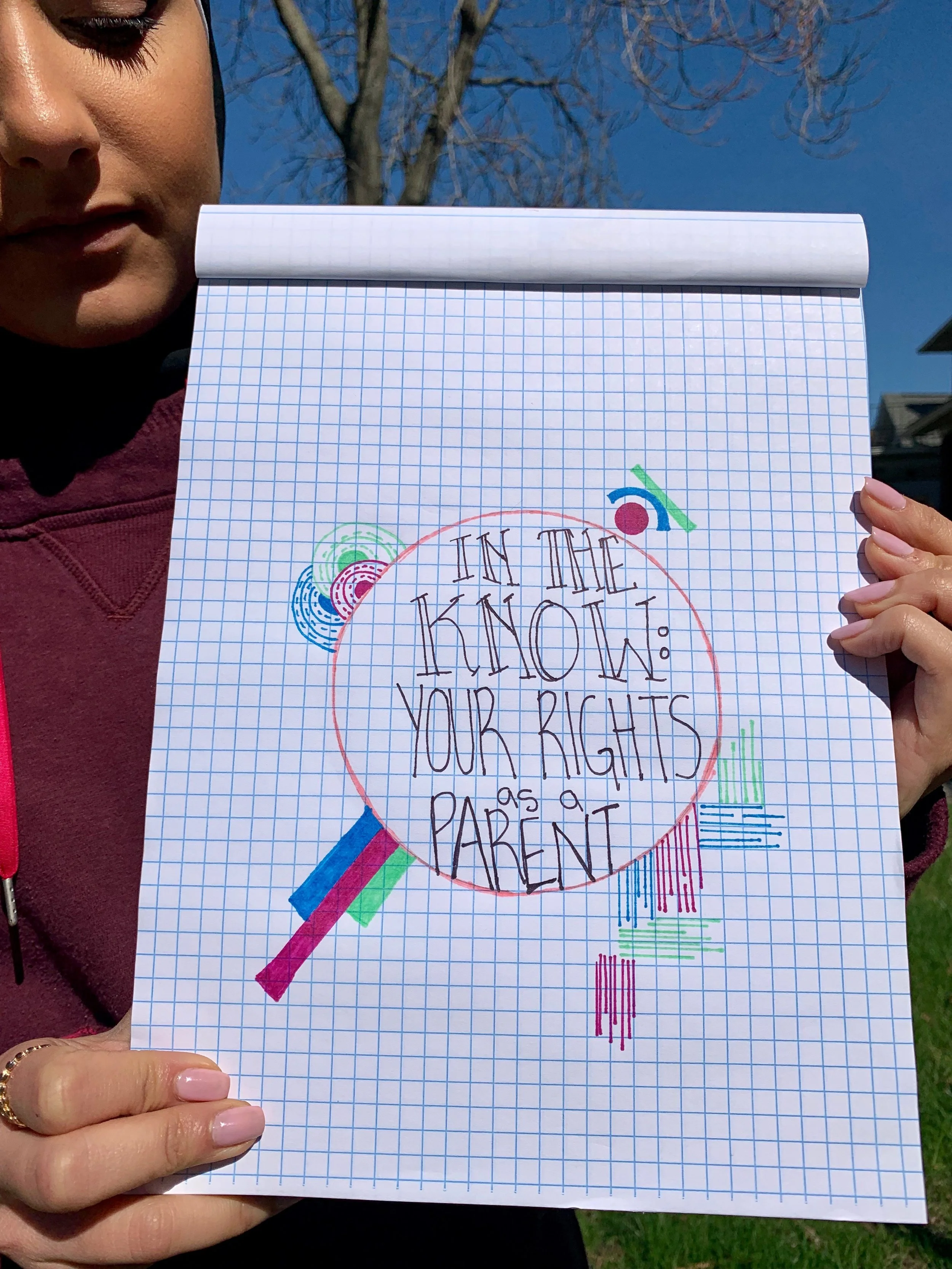In The Know: Your Rights as a Parent
On-going ABA therapy should be a continuous process of communication, modifying goals, and forward progress, but what if it doesn’t feel like smooth sailing? Let’s talk about what to do if you begin to see concerns, and how to get your needs met with your provider. Whether it’s a small concern or a larger violation, it’s important to be informed of the appropriate steps to take to resolve issues.
Knowing the Roles of Each Employee
At the onset of therapy, it’s important to ask specific questions about the hierarchy of roles within the company. Why? Because in times of distress or concern, you as the parent will want to understand the chain of command. Per the Behavior Analyst Certification Board (BACB) code of ethics, it should be clear from the beginning on how to lodge complaints within the company. Understanding the chain of command will help you navigate which person to go to resolve any issues that may arise, both small or large. Two important areas to note: 1) depending on the level of severity of an issue or concern, it may be important to try to resolve the problem with the person first and 2) after bringing an issue to light, be sure to put it in writing; email or letter. Documentation is crucial!
As discussed, issues may arise that can typically be resolved with simple changes to communication or the child’s treatment plan. Larger issues may result in a request to change the behavior technician working with your son or daughter, or a change of the BCBA overseeing your child’s treatment. Issues should be resolved in a timely manner.
Issue with the behavior technician→ escalate to the BCBA
Issue with the BCBA → escalate to Clinical Director
Issue with Clinical Director→ escalate to employer
How to Report Any Violations
Behavior Analysts receive their certifications through the Behavior Analyst Certification Board (BACB) and are required to follow the Professional and Ethical Compliance Code, which you can find here:
https://www.bacb.com/wp-content/uploads/BACB-Compliance-Code-english_190318.pdf
When larger concerns come to light and you feel as though “behavior-analytic services are not provided in an ethical manner, the BACB has a system for concerned individuals to file a Notice of Alleged Violation to alert the BACB of alleged ethical violations” (Bacb.com, 2019).
Please note, before filing a violation: 1) review the Code of Ethics to decide if a violation occurred, 2) note the date and any further documentation of violation, and 3) determine if the resolution can be solved with the parties involved.
According to Professional and Ethics Compliance Code for Behavior Analysts 2.05 (d):
If you have not successfully resolved the issue with the BCBA or employer, escalate it to appropriate authorities
You can file a grievance through Medicaid Support Coordinator or through your Private Insurance Case Manager
Report a violation to the Behavior Analyst Certification Board (BACB)
Other Relevant Areas
A center cannot terminate your services without an appropriate transition plan, unless you choose to discontinue immediately. It is the duty of the BCBA to provide you with multiple, practical options for transitioning to another center.
While this is the type of occurrence we hope you never have to worry about with any provider, it’s important for you as the parent/guardian to be aware and prepared for your options should escalation be required.
Bacb.com. (2019). NOTICES OF ALLEGED VIOLATION – Behavior Analyst Certification Board. [online] Available at: https://www.bacb.com/notice/ [Accessed 21 Apr. 2019].
Bacb.com. (2019). [online] Available at: https://www.bacb.com/wp-content/uploads/BACB-Compliance-Code-english_190318.pdf [Accessed 21 Apr. 2019].

